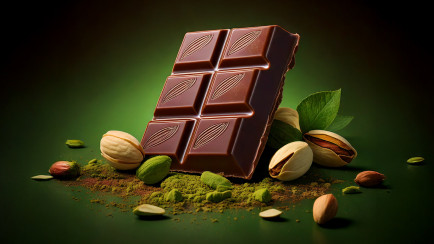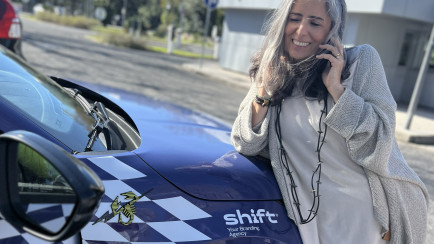In recent years, luxury brands have undergone a significant transformation driven by a combination of creativity and ambition that leads them to explore territories far beyond their traditional roots. This change is not just an adaptation to new market dynamics but a complete reinvention of how these brands position themselves and relate to today's consumers. What was once seen as a closed and exclusive universe, centered on tangible products and experiences limited to the physical realm, now expands into previously unexplored spheres, creating a new paradigm of luxury.
A clear example of this transformation is the creation of luxury beach clubs by brands such as Dior, Fendi, Dolce & Gabbana, Jacquemus, Valentino, and Louis Vuitton. These clubs, located in prestigious seaside destinations, offer an immersive experience where luxury is perceived in every detail. These initiatives show an evolution in the concept of luxury, which now extends beyond mere product consumption, offering memorable experiences that make luxury more accessible and tangible, without losing the sophistication and exclusivity that define these brands. This movement represents a paradigm shift, where the focus moves from the object to the experience, from tangible to intangible, creating a new type of relationship between brand and consumer.
However, the evolution of luxury brands is not limited to physical territories. The metaverse, for example, has emerged as a new frontier, where these brands can explore new forms of interaction with an increasingly digital audience. Burberry's collaboration with the gaming platform Minecraft is an emblematic example of this trend. By launching an exclusive collection of skins and digital items, Burberry allows players to customize their virtual experiences with the brand's distinctive style. This initiative not only reflects an adaptation to cultural and technological changes but also redefines the concept of luxury to include interactive digital experiences that are exclusive, customizable, and deeply connected to the brand's identity.
This trend of exploring the "Phygital" concept is reinforced by Louis Vuitton, which, under the creative direction of Pharrell Williams, also ventured into the world of digital games. By integrating elements of the game Minecraft into its collections, Louis Vuitton demonstrates a remarkable ability to innovate and adapt to new cultural dynamics.
Another example of how luxury brands are expanding their horizons is their presence at the Paris 2024 Olympic Games. Brands such as Dior, Louis Vuitton, and Ralph Lauren have collaborated with national delegations and created uniforms that combine haute couture with sports functionality. Dior, by designing the uniforms for the French delegation, and Ralph Lauren, by introducing sustainable innovations in the uniforms of the United States, showed that luxury can coexist with functionality and sustainability. These collaborations highlight the ability of luxury brands to integrate into global and multifaceted contexts such as the Olympic Games, where prestige and elegance are allied with performance and cultural identity.
These are just a few examples that demonstrate how luxury brands are redefining their role in the modern world, exploring areas beyond traditional territories. This movement to new territories is not just a response to changes in consumer behavior but also an assertion that modern luxury must be as dynamic and innovative as the world we live in. By embracing these new opportunities, luxury brands ensure their continuity as icons of style, sophistication, and relevance, adapting to new realities without ever losing their essence.
This article was published in ECO.

In the latest edition of Meios & Publicidade, Ricardo Pinto Correia, Head Designer at Shift, shares an article that challenges the way we think about branding in...

Dubai Chocolate, the global phenomenon of the moment, quickly conquered the world and all it took was a post on TikTok showing an influencer's experience with the produc...

Shift is the branding agency that doesn’t leave your brand in someone else’s hands. Now that a new edition of the Eco Rally is kicking off, its partnership with World Shopper...
